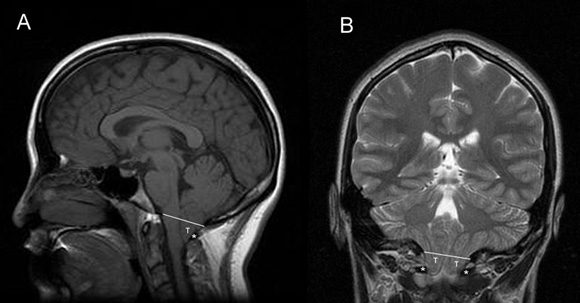Whether it’s a ringing, buzzing, roaring, whistling or a hissing noise, tinnitus (TIN-i-tus) is the label for those sounds you hear in your ear or head. It can range in severity from being only mildly annoying or temporary to being so loud and constant that it interferes with your ability to concentrate or get a good night’s sleep.
Occasionally tinnitus may be a sign of something serious, but usually it’s not. Still, the more irritating tinnitus becomes, the more it may result in fatigue and sleep problems, unwanted stress, memory problems, anxiety, depression, and irritability. For most people with tinnitus, there’s no cure. However, various management strategies may help reduce the amount of noise you hear, distract your attention from the tinnitus, or help you
find ways to mask the noise.… [Continue Reading]
